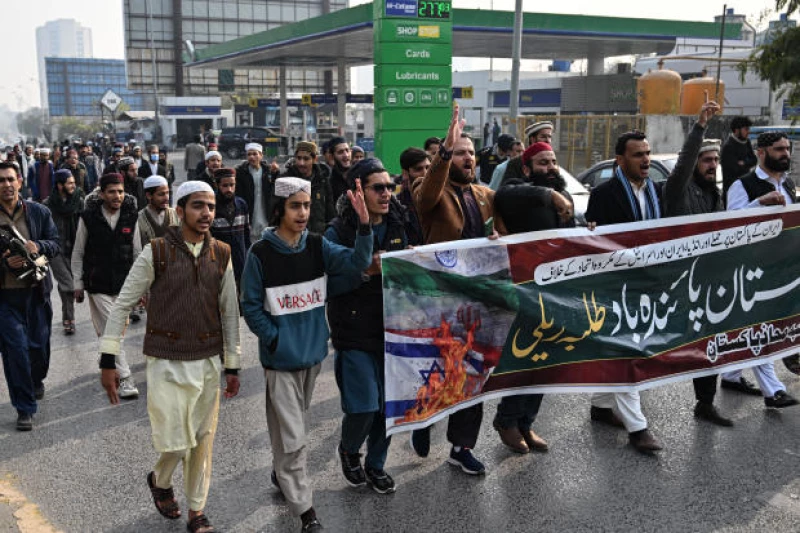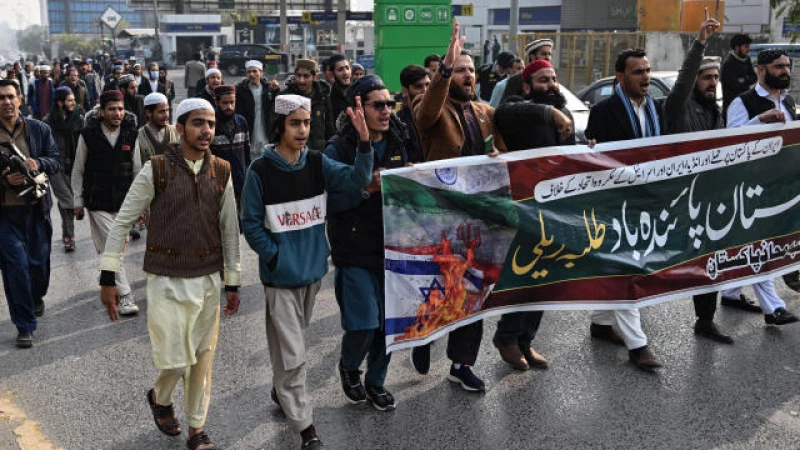Pakistan launched a series of precise military strikes in Iran on Thursday, according to a statement from the country's foreign ministry. These strikes were in response to similar attacks carried out by Iran in Pakistan just two days earlier.
The Pakistani Foreign Ministry stated that the strikes were conducted based on credible intelligence regarding potential large-scale terrorist activities. They described the action as a clear demonstration of Pakistan's unwavering commitment to safeguard its national security against all threats.
Iran's Foreign Ministry spokesman, Nasser Kanaani, condemned the Pakistani strikes and revealed that the ministry had summoned the chargé d'affaires of Pakistan in Tehran to express Iran's official protest and seek clarification from Islamabad. The deputy governor of Iran's Sistan and Baluchestan province reported a death toll of nine from the Pakistani missile strike. Iranian state TV confirmed that four children, three women, and two men were among those killed in the early morning attack.
The Pakistani Foreign Ministry expressed serious concerns about the safe havens and sanctuaries enjoyed by Pakistani origin terrorists in the region for several years. They took action due to a lack of response to their concerns. The statement did not mention the recent Iranian missile strikes on Pakistani territory.
Iran announced that its Revolutionary Guard force targeted sites in Pakistan belonging to the Sunni Muslim militant group Jaish al-Adl. Pakistan strongly condemned the attack, stating that two children were killed in the strikes.

The apparent retaliatory strikes have further strained diplomatic relations between Iran and Pakistan. Both countries are facing internal pressures. The shared border between the two nations, which spans 560 miles, is largely lawless and allows for the movement of smugglers and militants.
Iran is currently facing international pressure for its support of the Palestinian militant group Hamas and other proxy groups across the Middle East. This comes amid the ongoing war between Hamas and Israel, with concerns that the conflict could spread to other countries in the region.
In response to a suicide bombing claimed by ISIS, Iran conducted airstrikes in Syria and Iraq. These strikes were seen as retaliation for the attack, which resulted in the deaths of over 90 people earlier in January.
Hezbollah, a proxy group supported by Iran, has been engaged in regular fire exchanges with Israeli forces along the southern border of Lebanon. Similarly, the Houthi rebels in Yemen, also backed by Iran, have been carrying out persistent attacks on commercial vessels in the Red Sea, despite counter-strikes by the U.S. and Britain.







